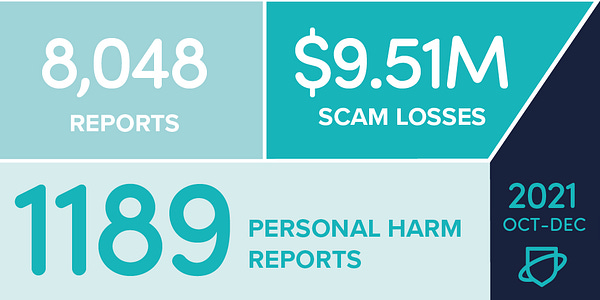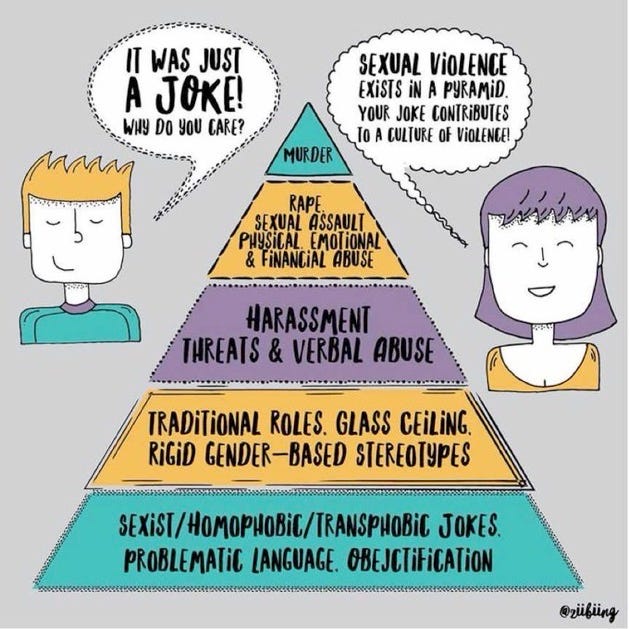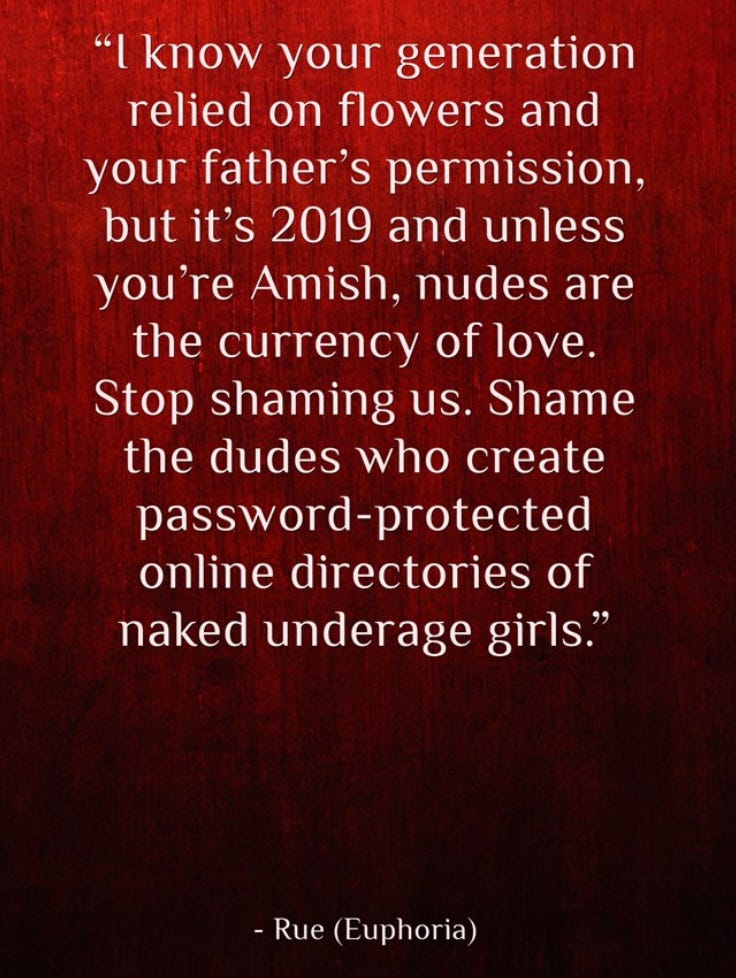It’s not so much about the manels
International Women’s Day is always an interesting time of year.
We get… whatever this was.
We get the talks on “Breaking the Bias” and ponder how an all-male panel could exist in 2022 but especially for International Women’s Day and then feel reassured because, it’s okay, it’s part of a range of activities.
As an aside, companies would do well to reflect that stating you are an ally is a different action from being one. This brilliant thread outlines some actions that could be taken for those interested.

For me, it’s not so much about the manels. It’s about what we’re tolerating.
It’s about what we’re willing to accept, about what we normalise.
We’ve just endured three weeks of violent protester messages that included death threats, that included rape fantasies.
We should be listening to warnings from experts about disinformation and working to combat it, urgently.
“Language specifically targeting individuals and minority groups has become more violent and graphic.”
Women associated with the Covid-19 response such as politicians, healthcare professionals or experts “are being targeted individually for harassment, including non-consensual video recordings”.
But they are also framed as “representative of transgressive women who are then targeted with highly misogynistic framing, including death and rape threats”.
We tolerate misogyny in overwhelming numbers online, with toxic responses and direct messages that no one is held accountable for.
We tolerate comments on news articles that are disparaging about appearance, intellect, qualifications, that express distaste for anyone stepping outside of traditional gender roles and constructs.
In mainstream opinion articles, casual cruelty is there for anyone to read.
The fact that we tolerate this, that we normalise it from people with national platforms is deeply concerning.
We tolerate a system that overwhelmingly permits and encourages violence and diminishes the experience of survivors.
We tolerate a “social safety net” that punishes women.
We tolerate a system that disadvantages pregnant people, that doesn’t listen to lived experience, that dismisses the voices of Māori women in particular.
We tolerate a society that polices who a woman is, how she expresses herself, what she says, her tone of voice.

We tolerate a society that is unable to centre survivors of sexual assault, even at the highest levels of policy making.
We tolerate a society that both sexualises women and punishes women for their sexuality.
We tolerate a society that still discounts how the way we operate impacts men.
We tolerate it. We observe it. We comment on it. We start petitions. We write books. We give speeches. We participate. We perpetuate.
We look at the statistics and the numbers.
One in three New Zealand women have experienced physical and/or sexual intimate partner violence in their lifetime.
We know this is underreported.
Globally, around one in 4-7 women experienced stalking. This absolutely happens here, but New Zealand does not have any specific laws against stalking.
Half of people charged with non-fatal strangulation or suffocation escape conviction in New Zealand. This is inexplicable given manual strangulation is the biggest sign domestic abuse will turn deadly.
54.8% of reports to Netsafe are from women and 5.4% from gender diverse people.


The gender pay gap is 9.1%, and average salary is $56,160 per year.
If we conservatively assume 35 years at the same salary and the same gap (pay gaps often widen by age & job level) that’s $178,000 less in the average woman’s bank account in their lifetime*.
*This is my maths so somebody feel free to tell me a better or god forbid worse number.
Māori and Pasifika women now earn on average about 25 percent less than Pākehā men. How much less in their bank accounts?
What’s happening with the backlog of sexual assault cases, with 200 sexual assault cases each month waiting to be assigned to an investigator?
What about job loss as a result of the pandemic?
“On the first wave of the pandemic’s tsunami of effects, 10,000 of the 11,000 jobs lost in New Zealand, during the June Quarter belonged to women.”
There are countless people working to shift these dials.
But the reality is the power structures that we have in place mean that without willingness to change, to acknowledge that fact that things are working out quite well for some of us, but not all of us, without willingness to cede power and decision making authority and to apply budgets and resource, without willingness to hear voices and truly listen, the dial will always be slow.
So it’s not really about the manels.
It is okay for men to speak on International Women’s Day.
The problem, year after year, is that there’s no data to suggest that the things we tolerate every day, including on International Women’s Day, are changing as a result.







